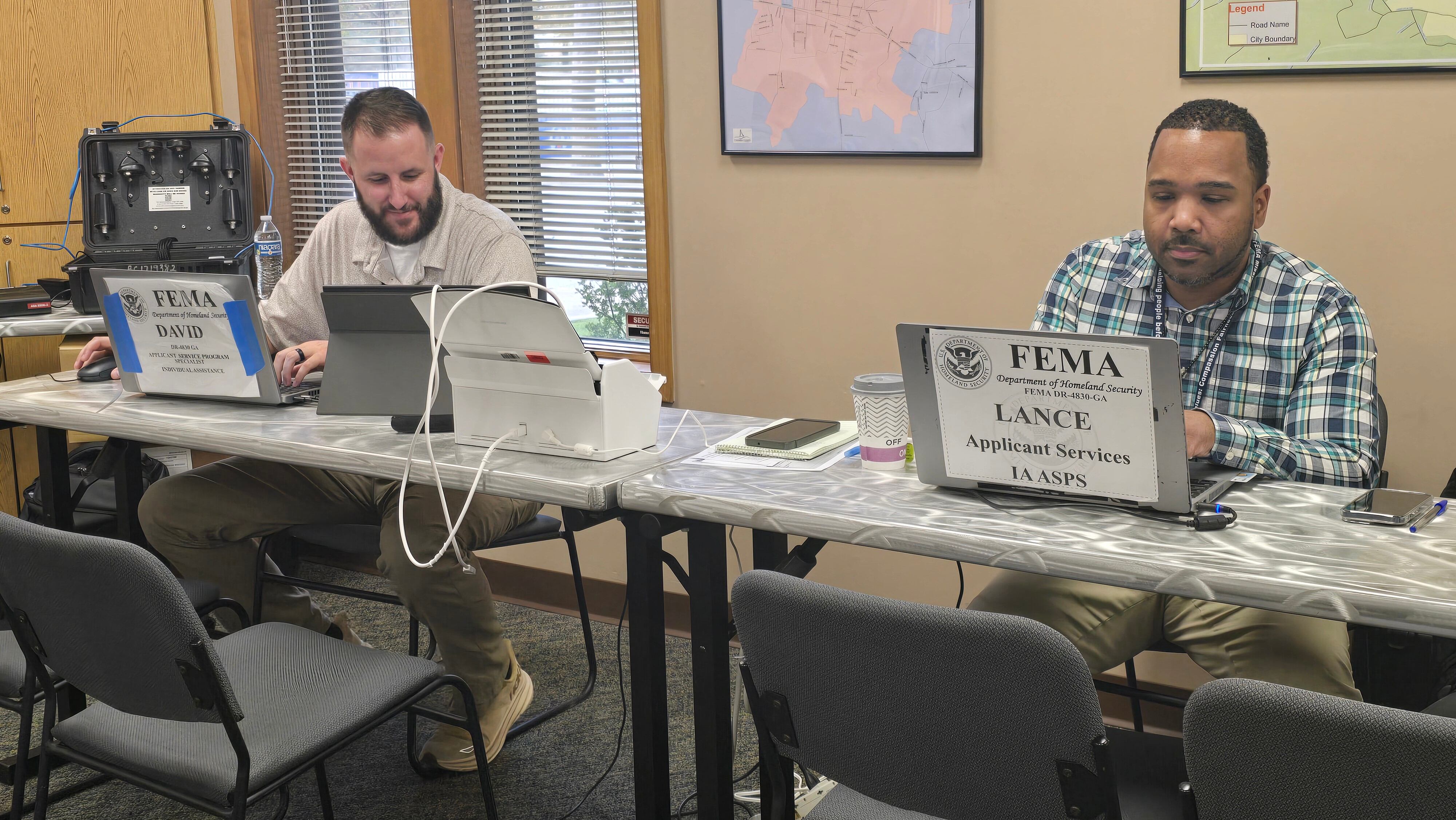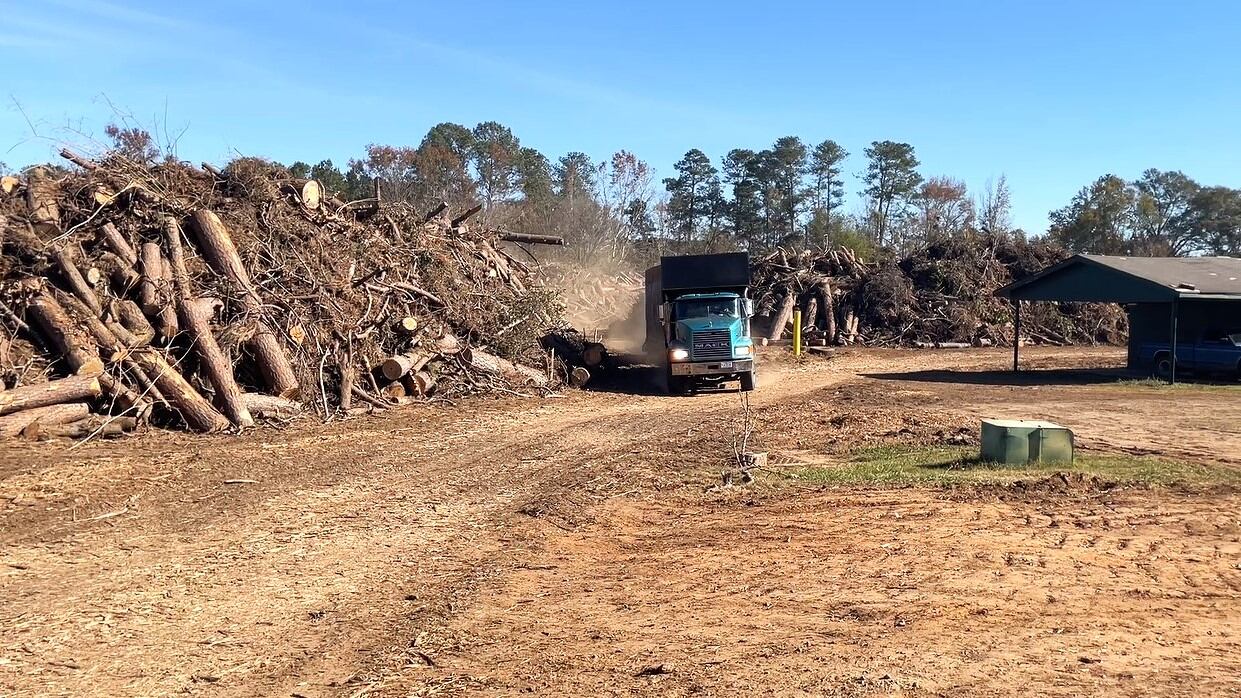
AIKEN, S.C. (WRDW/WAGT) – The aftermath of a hurricane is creating a flurry of complaints from frustrated homeowners dealing with storm water damage.
Aging infrastructure and lack of maintenance are the most common causes of stormwater problems in Richmond County. But across the river in Aiken County, our I-TEAM discovered another cause for concern.
The I-TEAM found that the government agency responsible for overseeing wastewater systems rarely inspects them.
South Carolina Environmental Services is the regulatory agency responsible for water systems, but the I-TEAM found that state law allows the agency to pass responsibility to the very same people they are supposed to hold responsible.
Lori Degenero felt the warm southern hospitality atmosphere as soon as she saw this newly built home on Clemson Drive.
“I take care of my elderly mother,” Degenero said.
It has curbside appeal with the practical features of a forever home.
MORE FROM THE I-TEAM:
Degenero: “I had my savings here. I would retire here.
Liz: “When did you realize you had problems?”
Degenero: “July 29, when we had a rain shower.”
The water flowed into the garden like an angry creek during a storm.
“Water came out along the road. It was at least three feet from the road. My backyard and the neighbor’s yard were flooded,” she said.
Degenero became even more alarmed when College Acres Public Works Director Davis Atkins told her that her brand new home was built in the path of a drainage culvert.
Atkins: “The problem is actually the drainage of rainwater.”
Liz: “How did this pass the county code inspection?”
Degenero: “That’s my question.”

Atkins: “The septic system, the original system, has to be approved by DHEC.”
Atkins can only alert contractors to stormwater problems in the area.
It’s up to South Carolina Environmental Services, formerly DHEC, to stop them.
The department is required by state law to conduct an on-site inspection before granting final approval for a water system. Aiken County requires final approval before a contractor can begin home construction.
Liz: “Perking is not twerking, so what is perking?”
Atkins: “Perking ensures that the residue comes out of the septic tank and can seep naturally through the soil.”
Liz: “What’s the problem if that’s not the case?”
Atkins: “You can have a septic tank.”
Liz: “Why?”
Atkins: “It’s not going anywhere.”
Liz: “So it just stays there?”
Atkins: “Yes.”

Degenero: “Flooded garden. My septic tank went under my foundation.”
The I-TEAM discovered that the Department of Environmental Control granted final approval for the water system on Clemson Drive without ever setting foot on the property.
Liz: “Was it DHEC that came in and inspected it?”
Atkins: “I don’t know the answer.”
SCDES issued the approval based on this final inspection, self-reported by the system installer and submitted by the builder.
State law not only allows self-reported inspections, but also requires SCDES to conduct a final inspection for a minimum of 3% of the previous year’s total installations.
“If I had it to do over again, I would dig deep,” Degenero said.
The I-TEAM did some digging and found that the 440 water systems were installed in Aiken County from January through August of this year.
The state approved 410 without ever setting foot on the property, instead relying on information provided to them by an individual or company paid to install the water system.
ANOTHER I-TEAM INVESTIGATION:
“The water is not only affecting my house but also my neighbor because if it flows through my yard it will run into their yard and their house will sink and mine will too and my septic tank will fail,” said he. Degenero.
The disruptions are caused by a failing system.
This is where Degenero’s story becomes even more frustrating.
The state is responsible for street maintenance, except for the part in front of her house.
The province is responsible for maintaining the stormwater, except that the pipe causes its problems.
Degenero pays both provincial and state taxes. Then why is there no protection for her? How could this happen?
The I-TEAM is now reaching out to lawmakers for answers.
Copyright 2024 WRDW/WAGT. All rights reserved.